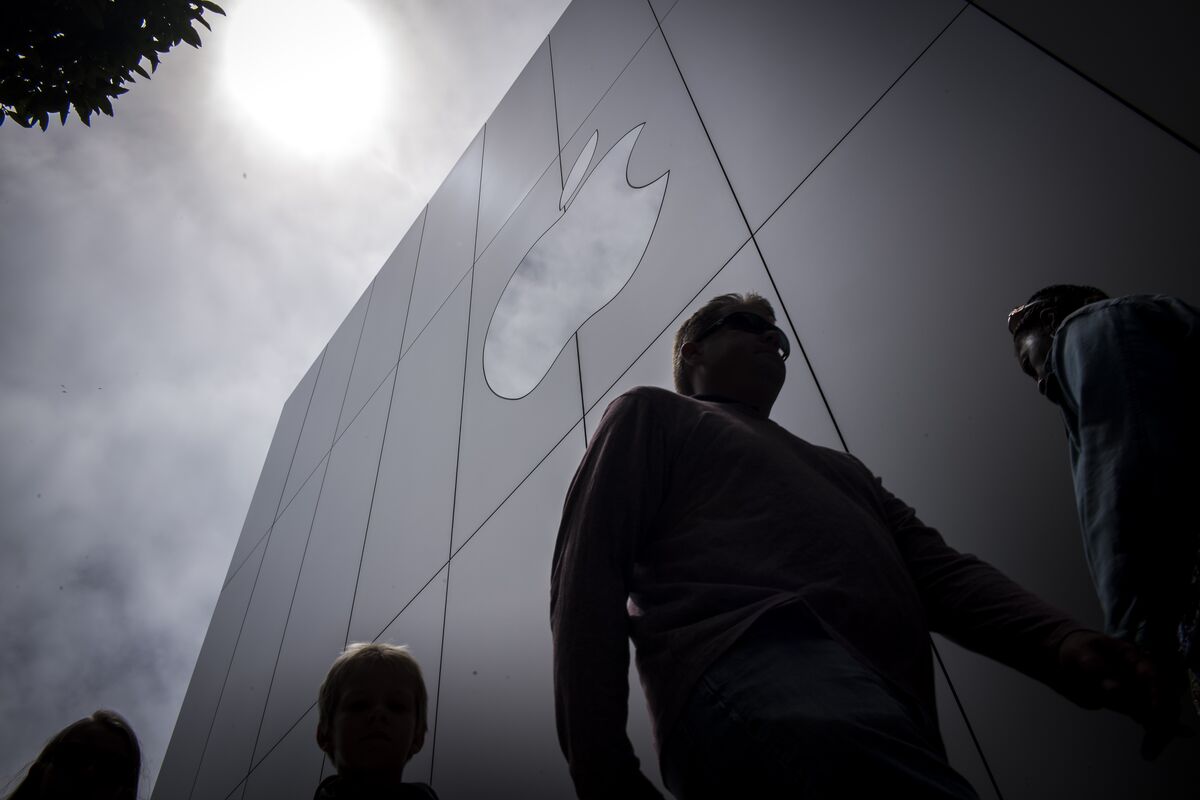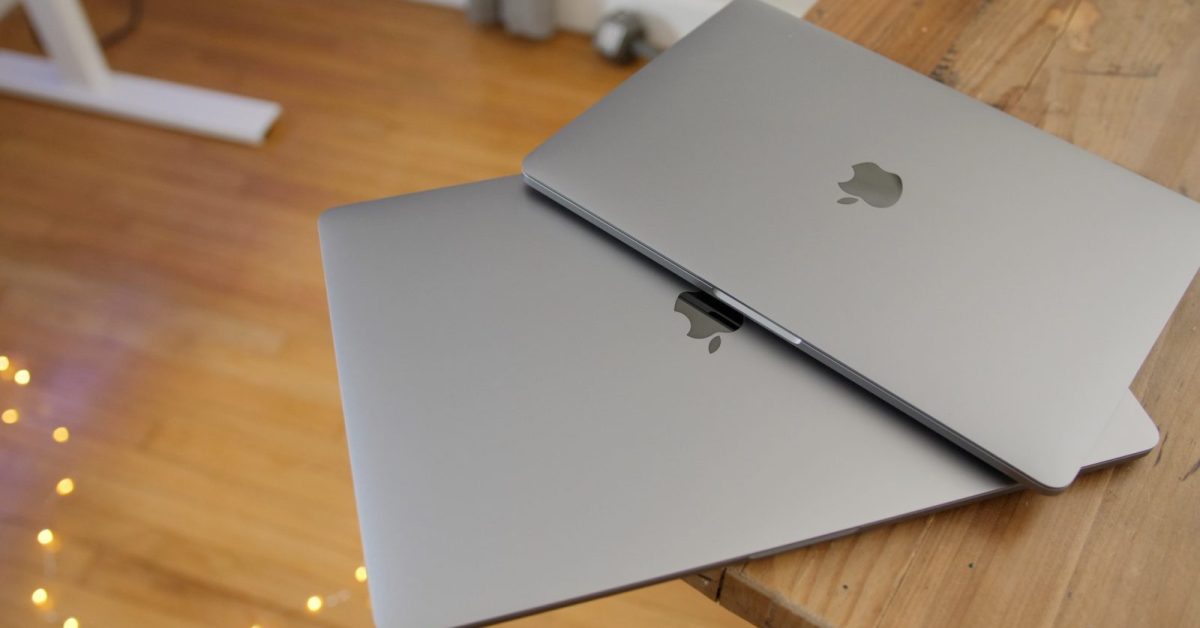A former
Apple Inc. chip executive sued for allegedly betraying the iPhone maker by launching a startup and poaching its employees accused the technology giant of doing the same to him.
Gerard Williams III, who last year left his job as lead chip architect at Apple and co-founded
Nuvia Inc., fired back with his own claims against his former employer. He says Apple tried to stop his firm from hiring its engineers while simultaneously recruiting staff from Nuvia.
Apple’s lawsuit is designed to “suffocate the creation of new technologies and solutions by a new business, and to diminish the freedom of entrepreneurs to seek out more fulfilling work,” according to a filing by Williams late Thursday in state court in San Jose, California.
In January, Williams
failed to persuade a judge to dismiss Apple’s complaint accusing him of using company resources to create an idea for Nuvia in violation of a contract. The Cupertino, California-based company declined to comment on Williams’s latest
filing, which couldn’t immediately be confirmed in court records though it was verified by a Nuvia spokesman.
Read More: Apple Gains Footing in Court Feud With Ex-Executive Turned Rival
Nuvia is developing a chip to power cloud servers. Williams, who spent nearly a decade at Apple, says he raised the possibility of developing such technology years ago, but the idea was rejected by then-Chief Executive Officer Steve Jobs, who died in 2011, and by Johny Srouji, who’s now Apple’s head of hardware technology, because they thought it would detract from the company’s work on consumer facing technology. Apple continues to hold that position today, according to Williams.
After Nuvia launched, Apple’s Vice President of Silicon Engineering Sribalan Santhanam warned of “consequences” if the startup continued hiring Apple engineers, according to Williams. He also alleges the iPhone maker monitored his conversations with Apple employees and that its human resources department used a “heavy-handed campaign” to keep staff from talking to him.
Williams claims he’s maintained the appropriate distance with his former employer and colleagues since leaving. Williams said Apple’s Anand Shimpi sent him numerous texts after Williams left the company, including material marked “Apple Confidential” in an April conversation. Williams said he told Shimpi this was “inappropriate and unwelcome,” according to the filing. Apple didn’t immediately respond to a query about Shimpi.
Williams says Apple went to great lengths to keep him from leaving, including an offer from Srouji for a six-month paid sabbatical to stay. At a going-away party, the company gave Williams a one-off iPad engraved with signatures from top Apple executives, according to the filing.
The case is Apple Inc. v. Williams III, 19-cv-352866, California Superior Court, Santa Clara County (San Jose).





